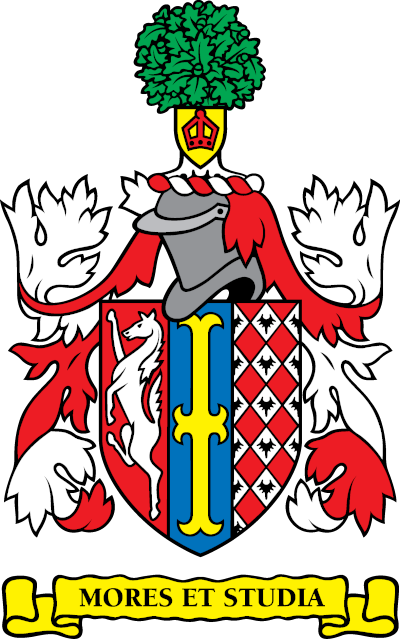Spiritual and moral education is delivered explicitly through our assemblies programme, PSHCE lessons and Religious Education curriculum. Social and Cultural education will similarly be taught through assemblies, PSHCE, and throughout the curriculum with enrichment activities in music, performing arts, outdoor education and educational visits, all giving rich opportunity to grow in these areas.
Opportunities for SMSC development exist throughout the curriculum. Some examples of this include: in PE a student will learn a respect for rules, teamwork and have experiences of winning, losing and building resilience; in science students engage with life processes on a micro and macro scale, promoting a sense of awe and wonder; in English students reflect on the morality of the actions of characters, and experience writers from diverse cultures; Business and economics challenges students to look at social responsibility and the impact of their choices on wider society.
Our curriculum maps provide more detail of opportunities for SMSC by subject.
Our pastoral care for students, through tutor groups, mentoring and through our SEND provision, provides further opportunity for personal development.
The Langley Charter scheme offers encouragement and opportunity for a wide range of experiences that support SMSC growth.
